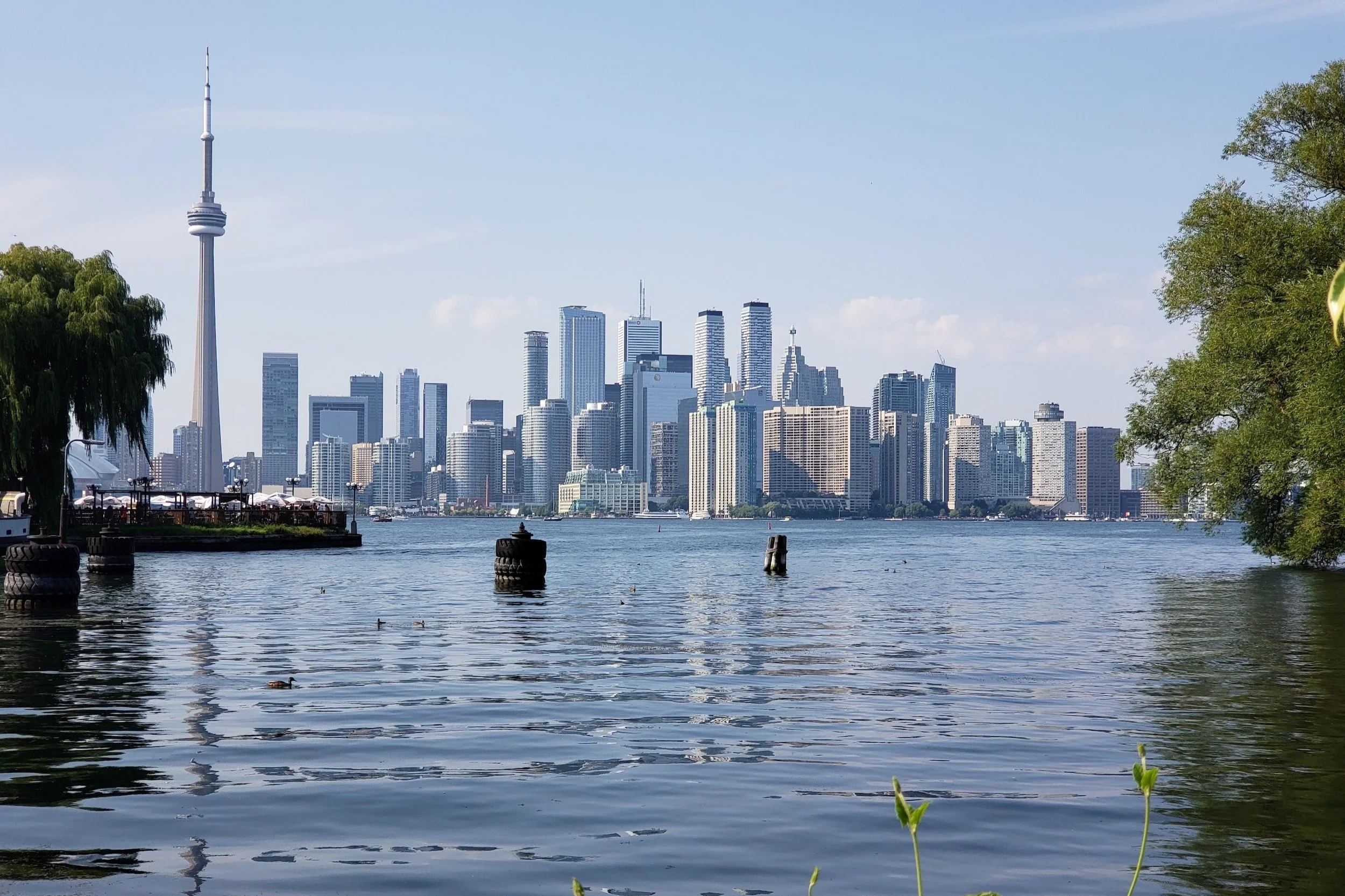Egg freezing, due to cultural regulations and religious beliefs, was not a popular option in the United Arab Emirates until recently. Prior to 2021, single women were not permitted to freeze their eggs. Following major changes in the law and societal attitudes towards the topic, fertility clinics and IVF specialists report that there has been a surge in women seeking information and opting to preserve their fertility over the last couple of years. The stigma surrounding having children later in life is dissolving in the UAE, with more contraceptive options available and increased education surrounding reproductive health.
Total Cost: $6,500 - $9,000 USD
Single Cycle: $5,200 - $6,800 USD
Medications: $1,600 - $3,000 USD
Annual Storage: $500 - $1,000 USD
Prevalence:
In 2022, around 500 to 600 egg freezing cycles were conducted in UAE.
Popular Egg Freezing Clinics:
Fakih IVF Fertility Center - Dubai, Abu Dhabi, Al Ain
Bourn Hall Fertility Clinic - Dubai, Abu Dhabi, Al Ain
Orchid - Dubai
For Citizens:
Most insurance plans do not cover egg freezing treatments since it is still considered an elective procedure and not a medical necessity, however some insurance companies cover part of the cost.
For Non-Citizens:
Export of frozen eggs to another country is prohibited. Therefore, if you wish to use your eggs for IVF, the procedure must be done in the UAE.
Laws:
The cryopreservation period is 5 years and extendable for another 5 years.
The updated IVF law effective in January 2020 allows for freezing of human embryos and unfertilized eggs and sperm.
The law also allows unmarried women to freeze their eggs for 5 years without spousal consent. They are only able to use the frozen eggs for their own pregnancy after marriage with their husband’s sperm in an IVF procedure. A legal marriage certificate must be shown.
Egg banks and egg donations are prohibited. Frozen eggs are for personal use only.
It is illegal to import or export eggs, sperm, or embryos.











